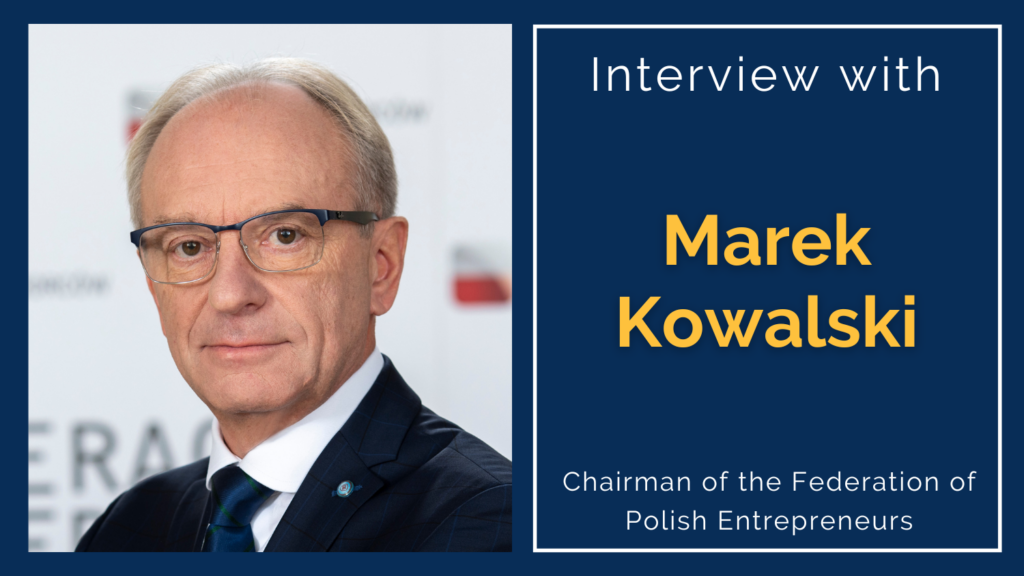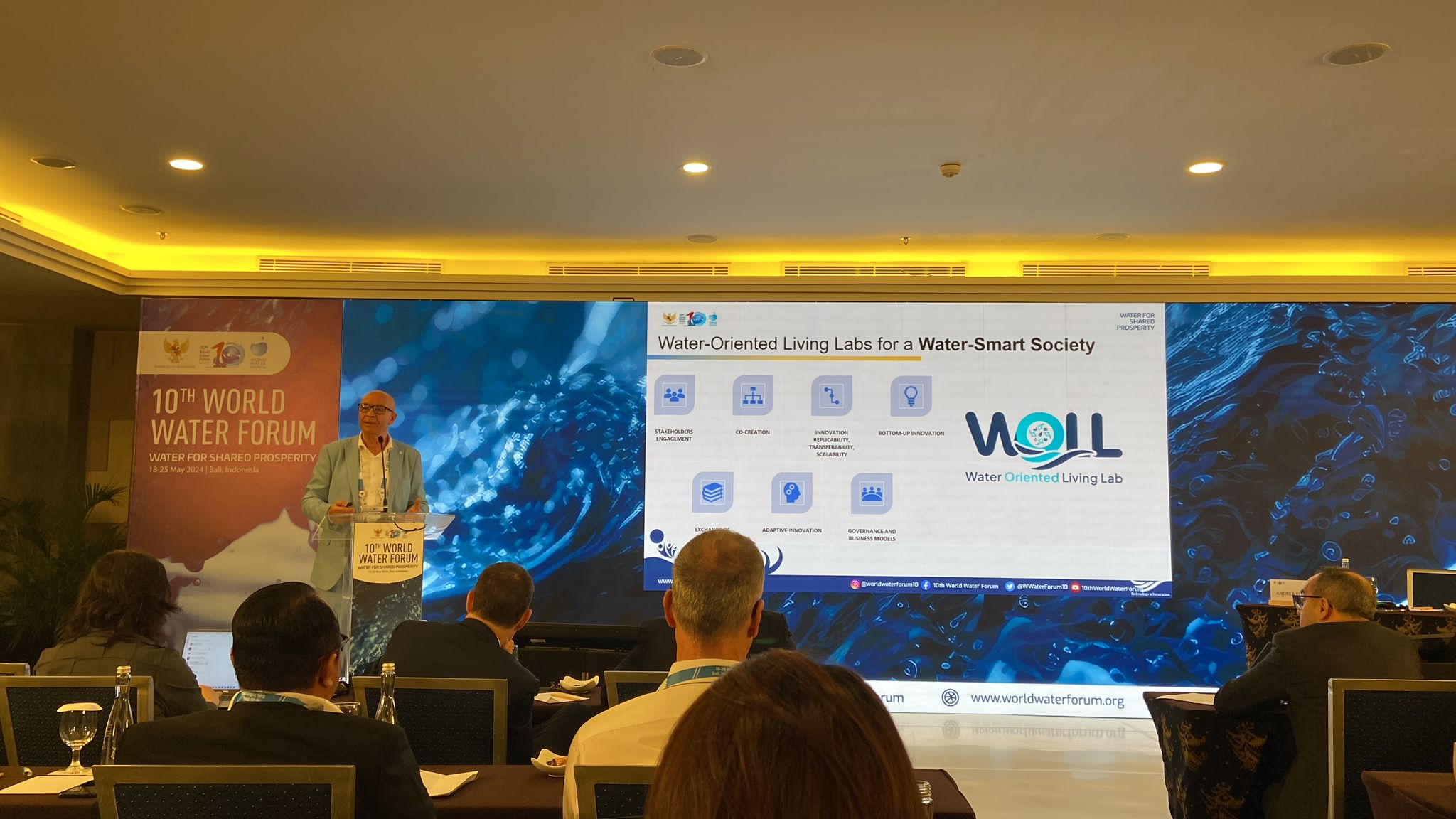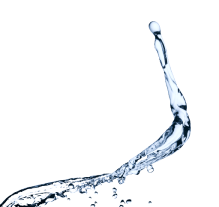Can you please introduce your association and describe the role that water plays in your work?
The Federation of Polish Entrepreneurs is one of the largest employers’ organizations in Poland, comprising approximately 38,000 companies employing nearly 2 million workers. Water has become the cornerstone of our organization since members have committed to green investments. According to the World Bank, 50% of the costs of energy transformation investments involve water. We witness this in our daily work as our members embark on investments in nuclear, wind, or solar energy. This requires immense commitment both in terms of capital and favorable legislative environment and coordination of these aspects within the European Union. Therefore, the Federation of Polish Entrepreneurs endeavors to engage in constructive dialogue with decision-makers, supporting specific water projects in our region.
The World Resource Institute predicts a 56% gap between water supply and demand by 2030. Water stress is also perceived among the main global risks, highlighting the need to move away from temporary measures to systematic, risk-based management. How are the current water risks perceived in your sector, and what policies/regulations do you consider important for addressing these risks?
It is necessary to allow private capital into the water investment market. With such enormous challenges related to climate change and the necessary energy transformation, it is essential to create a completely new legal infrastructure adapted to current challenges. Water has so far been something obvious and readily available for legislators in Europe. Now we need a new, holistic approach, materialized under the name of the European Blue Deal. Such an approach is precisely the response to the needs of our members.
Collaboration and innovation are at the heart of building a Water-Smart Society. How does your organization actively support collaboration and innovation within your sector to improve environmental performance, competitiveness across the value chain? Could you provide specific examples of your efforts in this regard, particularly related to water?
One of many examples of our engagement is the construction of water energy storage facilities in Poland. This requires cooperation among universities, manufacturers, contractors, and the government, as stabilizing renewable energy sources in the system seems to be the greatest challenge with such massive investments. The response to these challenges may lie in what has been known in engineering for over 100 years and meets high low-emission standards – pumped hydroelectric power plants. With just three such projects in Poland, as the Federation of Polish Entrepreneurs, we aim to be a catalyst for these solutions.
Would a water strategy be relevant for your sector to strengthen competitiveness and reduce potential disruption on the value chain by ensuring water resilience, security, and sustainability?
Water in investments is not just a reinforcement but an obvious aspect that can make or break planned projects. Unfortunately, we encounter low awareness of dwindling resources problems and limited water availability among society, making it extremely important for us to shape awareness and risks associated with this. As a Federation, together with our members, we are deeply committed to this endeavor as it currently stands as one of our cornerstones in shaping a secure future for Poland and the entire European Union. We all need to awaken and rally behind the comprehensive involvement of the European Union institutions and Member States in the European Blue Deal project.




